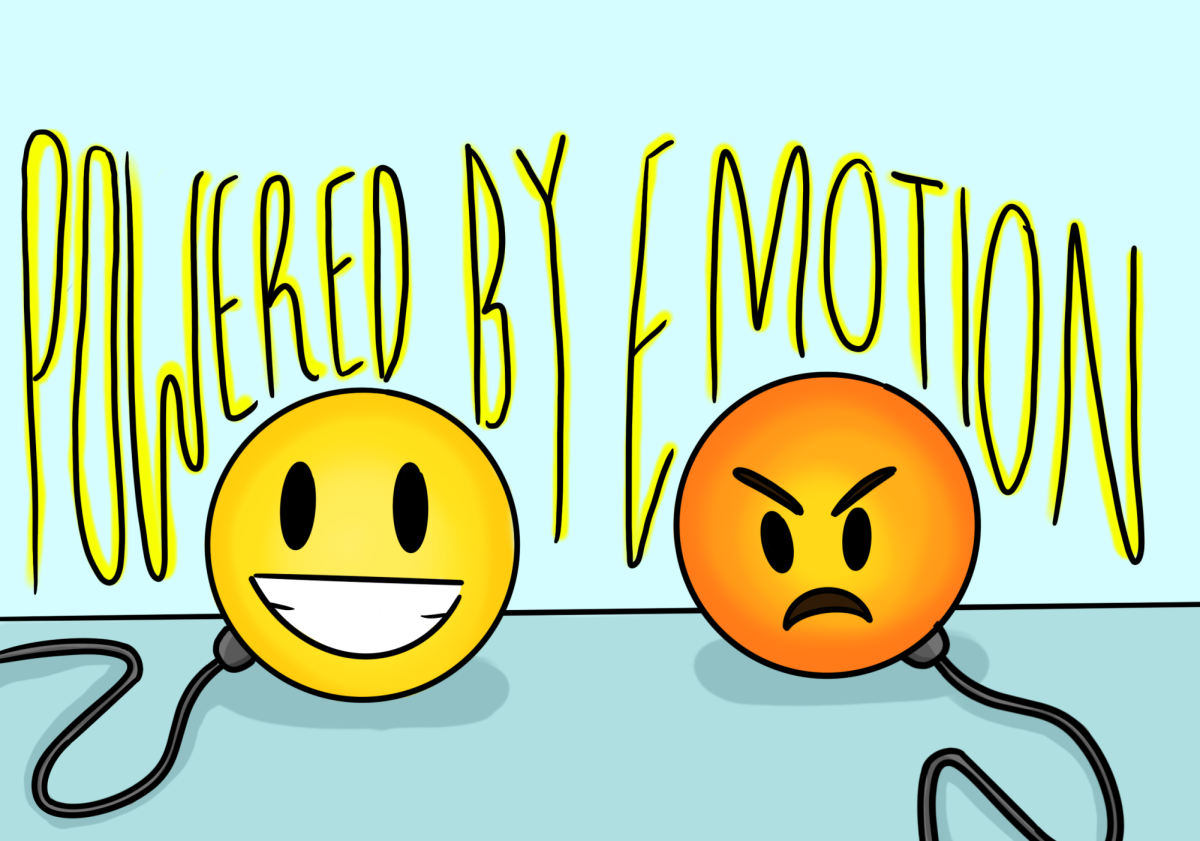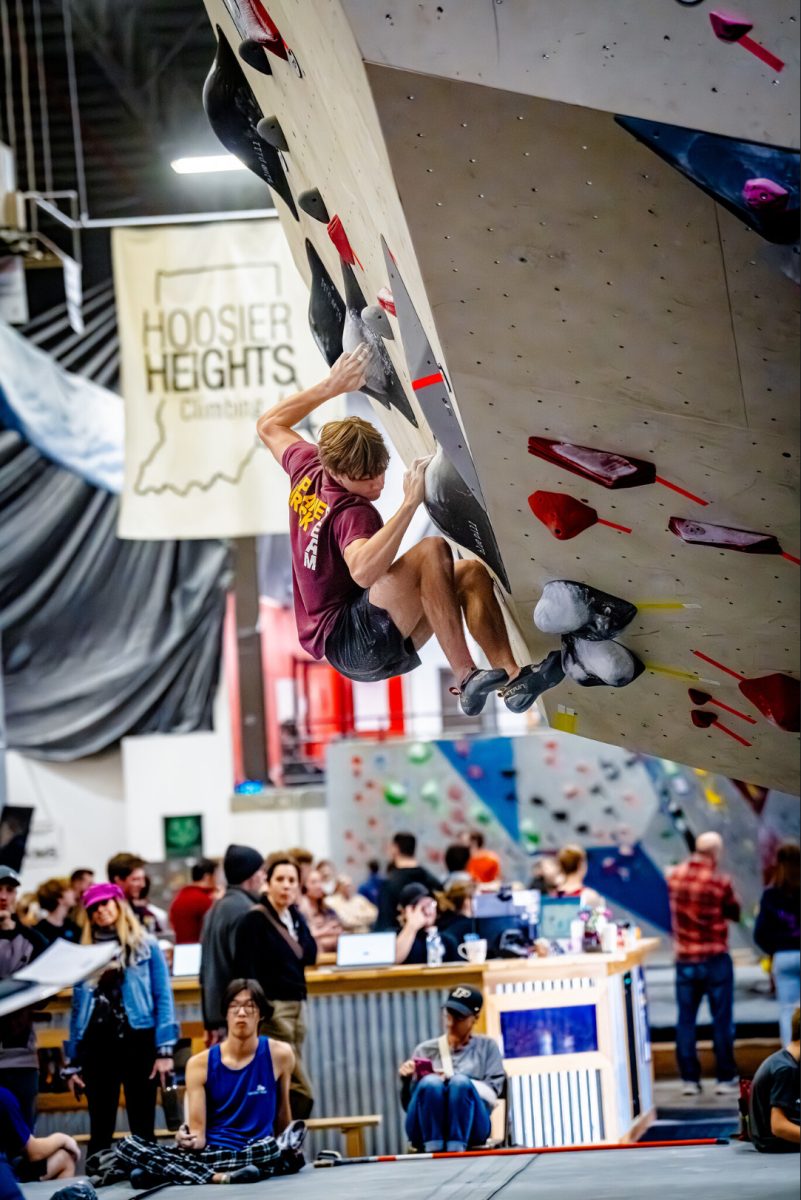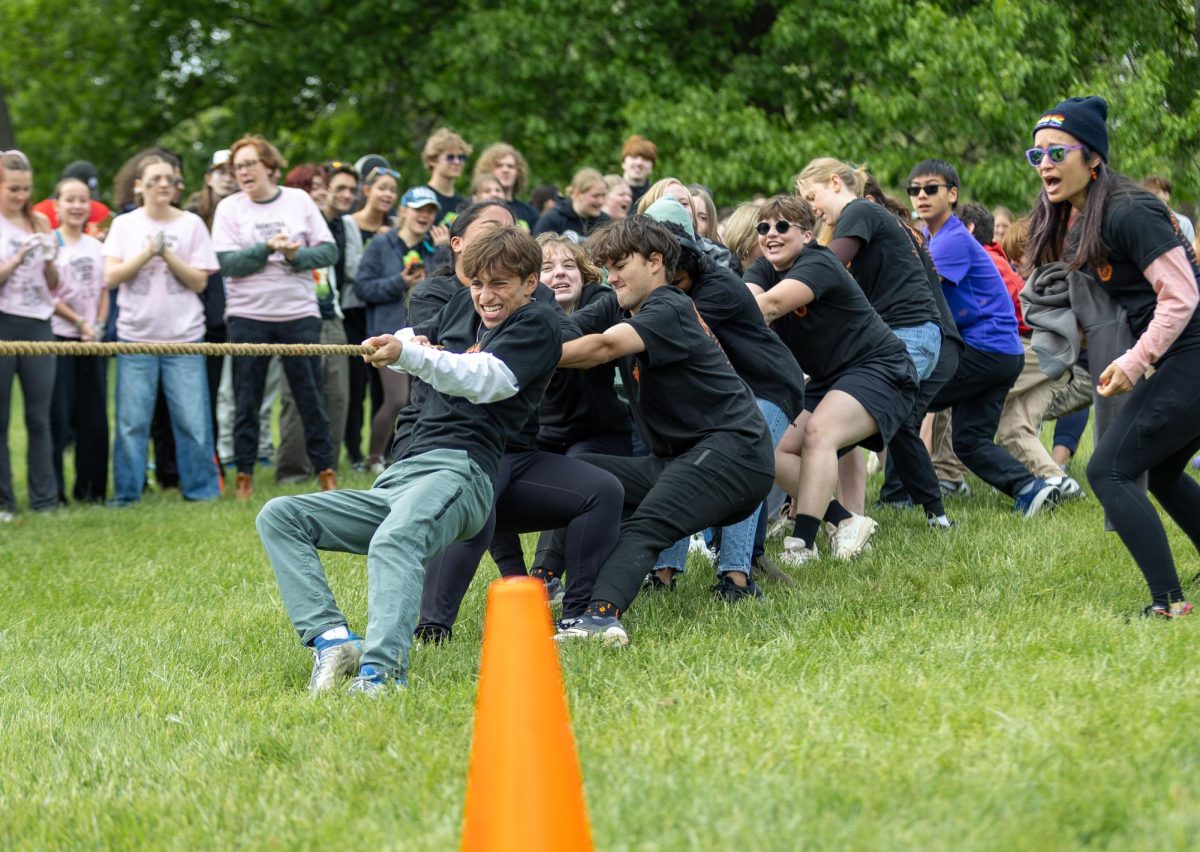All that matters to athletes when they are on the field is playing well. Sometimes, their brains don’t get the message.
Athletes everywhere are told to focus or lock in. This sentiment may come from coaches, parents or even themselves.
“I need to get out of my head, but it’s not easy.” Lucia Page Sander said.
Not everyone recognizes that mental performance has more layers than simply trying to focus. Even coaches — who should know this better than anyone — must remember that athletes often do everything they can to focus. Sports psychologist John Evans compares this to telling a soccer player to hit a perfect forehand in tennis. How are they expected to do something perfectly if they do not have the training? Mental performance requires practice, just like any other skill. Although, there is a clear distinction between devoting time, versus effort to the mental part of sports.
“We put so much energy into trying to control thoughts and emotions without training the mental side,” Evans said. “This makes focus increasingly unachievable.”
He suggests channeling this energy in a different direction, to “think less, not better”.
Similar to “just focus,” thinking less can also be challenging. Oliver Selby, part of a group at Pioneer High School called Champion Mindset, uses meditation to calm his mind. This is just one tool that athletes can use to find focus.
Kamari Rondfelt, a freshman runner for Pioneer High School, uses a different strategy to better his mental performance.
“There is someone in front of me. I know my team can win this race, but I have to beat that person,” Ronfelt said.
Ronfelt knows the high levels of pressure that accompany competitive sports. Having an entire team relying on one person can be a heavy burden. Kamari does not use this as a stressor, but instead as motivation. When he needs to push through that final stretch, Kamari thinks to himself, “I am doing this for my team. I’m not doing it for myself.” This mantra kicks him back into focus, and as his mental performance rises, his physical performance soars.
Even at the highest levels, there are stark differences in mental performance. Although Rondfelt is on track to join the ranks of Olympic runners, he has yet to reach his full potential and compete at the highest levels. Once athletes reach a certain level of sports, physical fitness starts to level out. For example, professional basketball player Jordan Pool is not more or less fit than another player, Steph Curry. What has led Curry to his four championship titles is his mental performance and dedication to his sport.
Evans sees the extremities athletes push themselves to, attempting to achieve a physical edge. He advises instead to hone in on mental performance.
He estimates that athletes devote about 5% to mental training, while the other 95% is physical.
“Very few people understand the right way to train the mental side,” Evans said.
He credits these issues to a lack of access to mental performance training. Evans recognizes that sports psychology has a long way to go, given that it is a young field. He emphasizes how necessary its progression is.
The lack of emphasis on the mental aspect is one of the main reasons athletes do not get the mental training they need.
“You have to get an athlete to believe that this is necessary,” Evans said.
The buy-in is the first step.
Both Rondfelt and Selby had to take this first step. Selby’s student-led group strives to make tools for mental skills more accessible and acceptable. Champion Mindset’s work gives students the resources to help them take their first steps.
Evans has seen transformations regarding mental performance in his lifetime. Today, young athletes like Selby and Ronflet are aware and participating in mental training, as well as working to spread awareness of this aspect of sport. Emphasizing these actions within a younger audience helps to improve the under appreciated aspects of mental performance training. Athletes have had the idea that working out and devoting hours at the gym is the most important thing. Evans’ work shows that athletes need to use their brains, not just their bodies. The efforts of Evans, Selby and others show just how far this field has come and its potential to grow and help more and more athletes.











